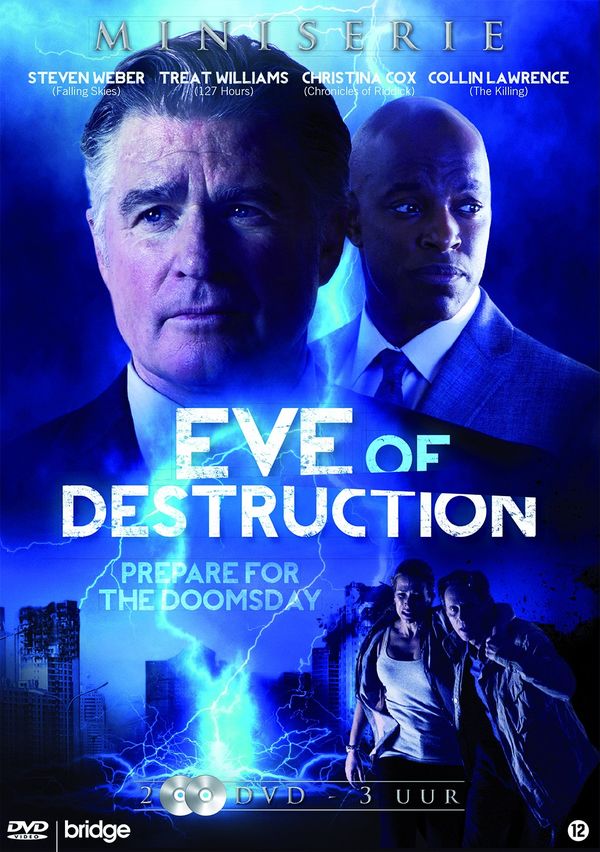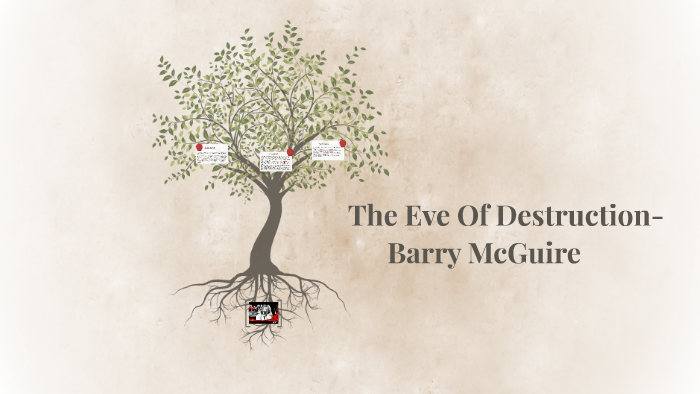


My hunch (and it is nothing more than that) is that Patterson came to see that the events of 1965 needed to be discussed at greater length and their significance analyzed more deeply. “The Eve of Destruction,” though obviously it deals with a small part of the territory covered in that volume, is by no means merely a rehash. Patterson, an emeritus professor of history at Brown University, has been down this road before, in his deservedly well-regarded “Grand Expectations: The United States, 1945-1974” (1997), a volume in the similarly well-regarded Oxford History of the United States. But 1965 was clearly a turning point for the United States, beginning its transformation from “a nation at once hopeful and complacent, largely trusting its institutions and feeling assured about its future path, even as certain deprived groups, notably black people, were complaining angrily of exploitation” into one in which many people “seemed to have become considerably less optimistic about the future than they had been a year earlier.” Things never got quite that bad (not yet, at least), but Patterson certainly is right to see “1965 - the year of military escalation, of Watts, of the splintering of the civil rights movement, and of mounting cultural change and polarization - as the time when America’s social cohesion began to unravel and when the turbulent phenomenon that would be called ‘the Sixties’ broke into view.” To be sure, “historical transformation does not arise out of nowhere on January 1 or end on December 31,” any more than “the Sixties” were contained solely within the decade from which they took their name. Just about everyone associated with “Eve of Destruction” is now forgotten, and the song hasn’t much staying power, but Patterson finds it significant as evidence of a shift then taking place in American popular music, away from bubble-gum soft rock and toward songs of protest: “Its lyrics, accompanied by sounds of bombs going off, were bitter, blunt, and devastatingly bleak about contemporary events, predicting that all manner of terrible developments - war in Vietnam, racial tensions, nuclear weapons - were propelling the United States (and ‘the whole crazy world’) toward the apocalypse.” Sloan, a nineteen-year-old admirer of Dylan’s ‘Like a Rolling Stone,’ ” and performed recorded by Barry McGuire. Patterson takes his title from a song that was released in September 1965, “written primarily by P.J.


 0 kommentar(er)
0 kommentar(er)
